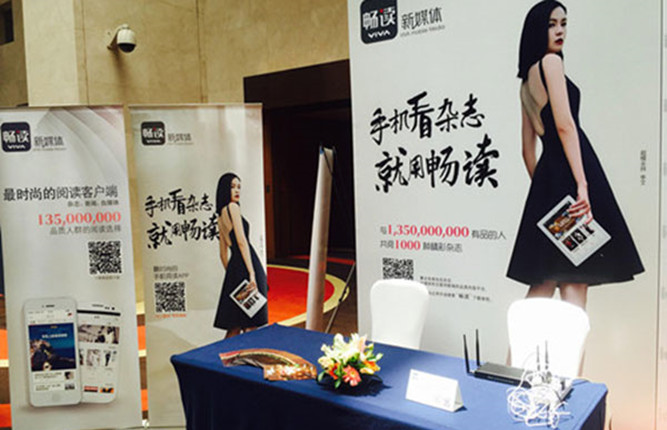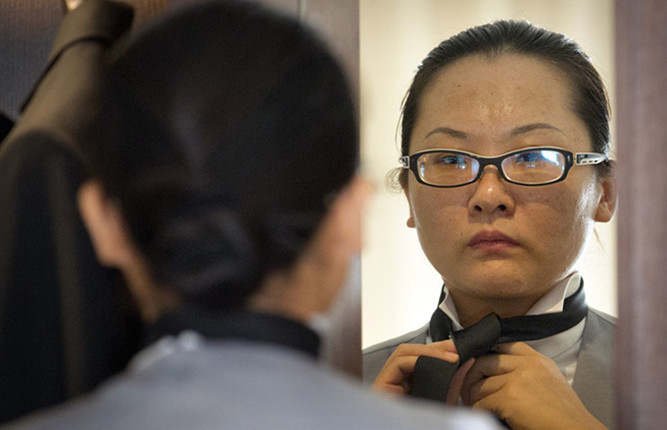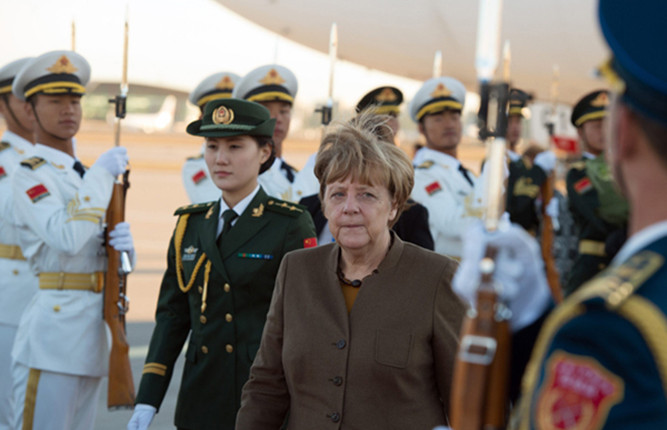In Beijing, senior judges are back in courtrooms
Updated: 2015-10-29 16:08
By CAO YIN(chinadaily.com.cn)
|
||||||||
Senior judges who once focused on administrative affairs have been returning to the courtroom to handle lawsuits, a move aimed at improving the quality of decision making and enforcing judicial reform, an official of the Beijing High People's Court said today.
Asking judicial officials, including court presidents and chief judges, to go back to hearing cases has appropriately put the Beijing court's priority on trials, said Yuan Yuan, director of the court's trial management office.
Many senior judges had spent more time tackling administrative affairs, attending conferences and participating in research, "which separated them from their key work, case hearing, at times," Yuan said.
China's central leadership ordered reforms aimed at improving judicial credibility in 2013.
From December 2014 to mid October, 873 of the city's court presidents and chief judges had heard 58,239 disputes, the court said.
Three presidents at the Beijing Intellectual Property Court, for example, heard 197 cases after the court was established in November, and its four chief judges heard 455 cases, the court said.
Song Yushui, vice president of the IP court, said her time back in the courtroom helped her to identify problems.
"As a senior judicial official, what I should do is guide young judges. Only when I'm in the courtroom to hear a case, can I accurately see the trial problems and help the younger judges resolve them efficiently," Song said.
Most IP disputes are complicated and involve advanced technology, so a judge's skills improve by hearing more cases, she said.
Zhang Wen, president of Changping District People's Court, said that judicial officials who return to courtrooms will better understand the difficulties in hearing cases, "which can help them develop related studies."
In 2014, presidents and chief judges in Changping heard more than 5,500 cases, or 25 percent of the total, Zhang said.
"Resuming trials cannot be done superficially," she added. "We should hear cases, especially the complicated ones, ask questions, and put forward solutions at the end."

 Ryan nominated for speaker
Ryan nominated for speaker
 Top 10 news apps favored by smartphone users
Top 10 news apps favored by smartphone users
 Intimate Transgressions: More than just pain
Intimate Transgressions: More than just pain
 Want a butler at your home?
Want a butler at your home?
 Rescue operations in full swing as quake death toll hits 365
Rescue operations in full swing as quake death toll hits 365
 Merkel's visits to China aimed at forging 'special' ties
Merkel's visits to China aimed at forging 'special' ties
 Netherlands king enjoys local flavors of Yan'an
Netherlands king enjoys local flavors of Yan'an
 NBA MVP Curry scores 40 points, Warriors win opener
NBA MVP Curry scores 40 points, Warriors win opener
Most Viewed
Editor's Picks

|

|

|

|

|

|
Today's Top News
Tu first Chinese to win Nobel Prize in Medicine
Huntsman says Sino-US relationship needs common goals
Xi pledges $2 billion to help developing countries
Young people from US look forward to Xi's state visit: Survey
US to accept more refugees than planned
Li calls on State-owned firms to tap more global markets
Apple's iOS App Store suffers first major attack
Japan enacts new security laws to overturn postwar pacifism
US Weekly

|

|







